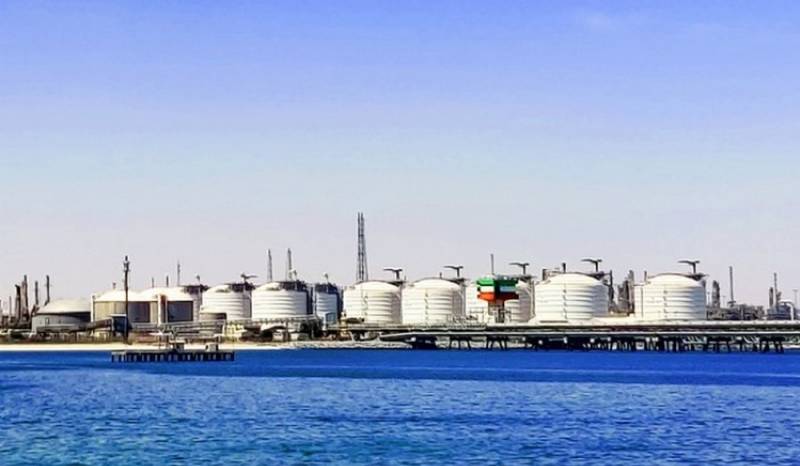The “price ceiling” proposed by the West for Russian oil may be beneficial to the Russian Federation
Russian oil has been successfully "integrated" into the global energy system of the whole world since the days of the USSR. Today, domestic raw materials play an almost decisive role in stabilizing the market. Therefore, the West cannot quickly and without loss cut millions of barrels of product from customers at the mere whim of Russophobia.
The initiative of the US Department of the Treasury on the "price ceiling" for Russian oil is the most dangerous measure for America itself, which is why overseas officials set the expected price limit with high preliminaries. Fearing a worsening deficit, American strategists calculated what seemed to be a safe ceiling from their point of view.
As it became known to Reuters, the GXNUMX countries agree in principle to a price ceiling, which may also be beneficial for Russia, and not beneficial, for example, for India, since it buys oil at a discount. The thing is that in Washington they transparently hinted that the final cost will be the cost of production with the margin added to this threshold and a percentage of the usual historical prices.
Simply put, the price range can be within the range of 55-65 dollars per barrel. With the average cost of producing Russian oil from standard reservoirs (easy-to-recover reserves) at a maximum of $40-45 (data from the Ministry of Energy of the Russian Federation as of December 2021), there is obviously room for profit. Of course, such a proposal by the US Treasury was made to preserve the export of the Russian raw materials it needs to world markets, otherwise the reverse effect will hit domestic demand in America more painfully.
But India, which is currently buying Russian oil even cheaper, may not agree with this approach. The total "discount", taking into account the discount, insurance and product supplies at the expense of the seller, leads to the formation of the real final price of products from the Russian Federation to a level as close as possible to the cost price. In this sense, the “sparing” offer of the West can be quite beneficial for Russia in terms of guaranteeing the absence of export supplies below the profitability threshold. Otherwise, situations are possible when clients, cynically using the sanctions regime, could demand such a serious reduction in the cost of the contract, which would even go beyond operating profit.
- Nikolay Gritsay
- pixabay.com

Information